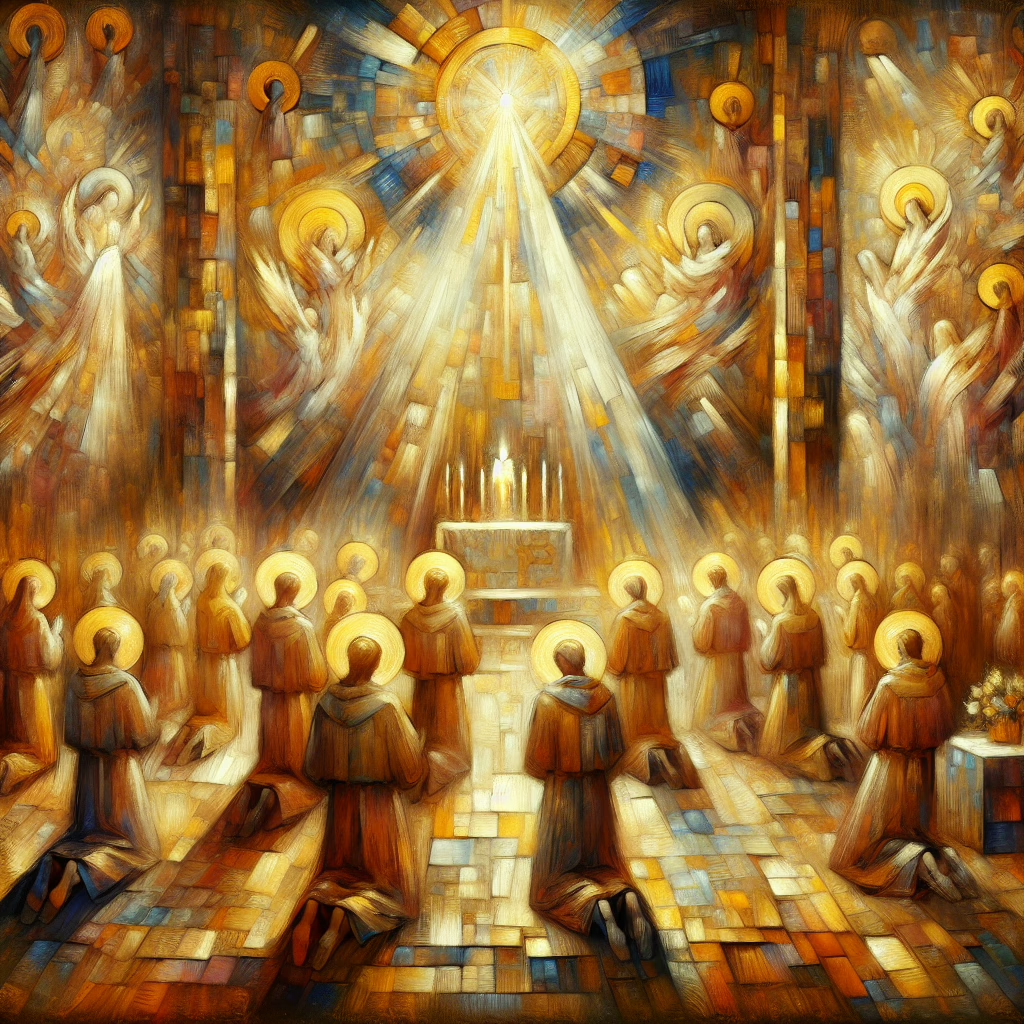Why Celibacy for Priests Matters in the Catholic Church
Introduction: Unpacking the Debate on Priestly Celibacy
Celibacy in the priesthood is a topic that stirs passionate debates within and outside the Catholic Church. Many question the centuries-old tradition, seeing it as dated or unnecessary. However, understanding the roots of this practice reveals its depth and purpose. The Catholic Church's commitment to celibacy is not merely a rule but a profound spiritual choice that has biblical and historical significance. This article explores the foundation of celibacy, acknowledges objections—especially from Catholic vs Protestant clergy perspectives—and presents a robust priestly celibacy argument rooted in the heart of Catholic doctrine.
1. Objection: The Historical Context of Clerical Celibacy
1.1 Protestant Argument Against Historical Mandate
Protestants often highlight that celibacy evolved over time rather than being an original mandate. They argue that clerical celibacy only became formalized in the Middle Ages, pointing out that early Christian leaders, such as Peter, were married. During the Reformation, these objections grew stronger, with Reformers advocating for married clergy as a more relatable model for congregations.
1.2 Catholic Response: Tradition and Apostolic Basis
The Catholic response emphasizes that while the formalization of celibacy occurred later in church history, its roots are firmly planted in apostolic tradition and Christ's example. Celibacy evolved not as a new innovation but as a deeper understanding of a spiritual calling. Emulating Christ—who lived a celibate life—remains central to Catholic practice.
1.3 Supporting Evidence: Church Councils and Pastoral Benefits
Historical evidence supports the church's stance. The First and Second Lateran Councils (1123 and 1139) confirmed the commitment to celibacy. Church Fathers like St. Augustine wrote no less fervently of celibacy's benefits:
"Celibacy is a life devoted solely to God, serving His will above all else."
— St. Augustine, On the Good of Marriage
Link: Historical Timeline of Clerical Celibacy
2. Key Scriptural Interpretations on Celibacy
2.1 Protestant Exegesis on Select Biblical Passages
Protestants often reference 1 Timothy 3:2, 12, and Titus 1:6, advocating that church leaders may marry. They view 1 Corinthians 9:5 as supporting the idea of apostles having wives. The argument extends to 1 Corinthians 7:7-9, 32-35, interpreted as showing Paul's personal preference for celibacy, not a church requirement.
2.2 Catholic Refutation: Theological Significance of Scriptural Teachings
Conversely, Catholics interpret these passages not as minimum requirements for clergy but as tension between personal callings. While the texts acknowledge marriage, they also highlight a deeper spiritual calling:
"I wish that all were as I myself am. But each has his own gift from God."
— St. Paul, 1 Corinthians 7:7
Catholic teaching sees celibacy as an eschatological sign, a foretaste of the kingdom of heaven.
2.3 Supporting Evidence: Dogmatic Teachings and Papal Endorsements
Vatican II and subsequent papal encyclicals, such as Sacerdotalis Caelibatus by Pope Paul VI, reinforce celibacy's theological depth:
"The unmarried man is anxious about the affairs of the Lord, how to please the Lord."
— Pope Paul VI, Sacerdotalis Caelibatus
3. Theological Arguments for Celibacy in the Priesthood
3.1 Protestant Emphasis on Marriage and Human Experience
From a Protestant viewpoint, marriage is divine, providing pastors the opportunity to relate to their congregants' struggles. There is also a respect for individual calling, underscoring freedom of conscience in choosing a vocation.
3.2 Catholic Perspective: Celibacy as Imitation of Christ
In contrast, Catholic theology views celibacy as more than a lifestyle choice; it imitates Christ's life of profound dedication. Priestly celibacy represents a commitment not only to the church but to symbolize eternal truths of the Christian faith—emulating Christ himself.
3.3 Supporting Evidence: Church Teachings and Spiritual Advantages
Quotes from Church Fathers and contemporary theological discourse further underline celibacy's spiritual advantages:
"By being a guardian of the divine mysteries, the priest's life speaks of Christ's celibacy and its promise for the Kingdom."
— St. Ambrose
Conclusion: Embracing a Deeper Understanding of Celibacy
This exploration of celibacy for priests underscores its biblical, historical, and theological foundations. While Protestant traditions emphasize marriage and accessibility, the Catholic Church upholds celibacy as a sacred participation in Christ's own life. It invites believers to contemplate its profound spiritual significance within the priesthood. As readers, you are encouraged to delve deeper into the richness of this commitment and its role in ministry.
Engage further with Church teachings or participate in discussions on this topic in order to fully appreciate the Catholic doctrine on priestly celibacy and its enduring resonance in today's world.






Leave a Reply